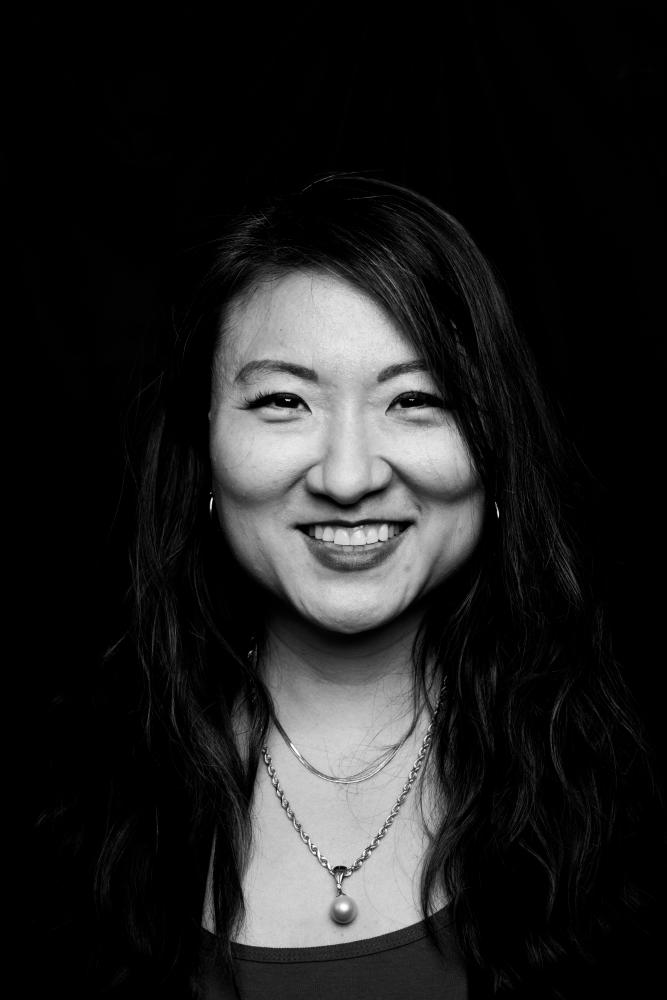IF YOU are still trying to wrap your head around how K-pop managed to take over the world, then this latest book by Korean-American journalist and author Euny Hong might give you a clue.
The Power of Nunchii: The Korean Secret to Success and Happinesss is a self-help book that explains how South Korea went from its post-WWII “rock bottom” status to become one of the most advanced countries in the world.
Nunchi essentially means ‘eye measure’, or the subtle art of gauging other people’s thoughts and feelings to build harmony, trust and connection.
During a recent tele-conference call with Hong in London where her book was published last month by Hutchinson, she explains: “Nunchi is something all Korean children know. I was brought up in an English-speaking household but nunchi was like the first Korean word that I learned.”
Hong was born in New Jersey in the US to Korean immigrant parents. When she was 12, her father, an economist, was hired by the South Korean government in 1985 and he moved the whole family to Seoul.
While in the US, nunchi was just something she learned at home, but in South Korea, it was something she had to apply regularly.
The 46-year-old author recalls: “In Korea, children are taught nunchi the same time they are taught other basic life lessons.
“Nunchi teaches about survival and teaches [children] that they are not the only person in the world. It is consideration for others but also about their own survival.
“When I was put in a Korean public school, I did not speak the language. So I had to use my eyes and ears; I had to use my nunchi.
“I didn’t understand anything the teachers or students were saying. So I had to watch and learn that way. For example, if a student is the teacher’s favourite, that is really obvious whether you speak the language or not.
“Nunchi is basically how you learn language without words and that was what I had to do until I eventually learned Korean.”
Hong completed her high school in Korea before returning to the US to attend Yale University where she graduated with a bachelor of arts in Philosophy.
Besides English and Korean, she is also fluent in French and German, having lived in Paris, Frankfurt and Berlin for a number of years.
The journalist turned author when her first book, Kept: A Comedy of Sex and Manners (Simon & Schuster), was published in 2006.
Hong, now based in New York, says she decided to write her second book the year Gangnam Style by South Korean singer, rapper, songwriter and record producer Psy came out in 2012.
“I realised that Westerners probably did not know what Gangnam Style was and probably thought it was a really strange accident,” she says, which prompted her to write The Birth of Korean Cool: How One Nation is Conquering the World Through Pop Culture (Picador/Simon & Schuster), which was published in 2014.
“I wanted people to know that the popularity of Korean music was planned years in advance by the Korean government cooperating with Korean private industries,” she says, adding that it included huge investments in internet broadband.
As for The Power of Nunchi, she was prompted to write the book after noticing several wellness books offering values from different cultures. She cites Louisa Thomsen Brits’ The Book of Hygge: The Danish Art of Living Well and Marie Kondo’s books on organising.
“Those are good books and I like them a lot. But I also noticed that like a lot of self-help books, they are very difficult to implement.”
She has tried Kondo’s method of decluttering and admits: “It was totally worth it. But if you are tired or depressed or not in a good mood, you won’t be doing this.”
Hong says she wanted to write a book that did not require so much initial upfront personal investment or money. “It would be something easy to start immediately, that would yield results relatively quickly.”
Hong emphasises that nunchi is not a fad. Nunchi is something that is closely woven into Korean life.
“It is not something that you try and see if you like it. You are raised with it. In Korea, you are responsible for your actions as soon as you are allowed to go out in public or speak the language.”
Hong says it is important to learn it from a young age. “It is the reason for the Korean economic success.”













